Today, gay activism may seem synonymous with incompetent nonprofit employees shutting down traffic to demand you use ze/zir pronouns because made-up pronouns, and only made-up pronouns, will fix global warming. But once upon a time, gays understood strategy better than nearly any other special-interest group in America. They were the best in the game.
Sarah Schulman’s masterful AIDS history, Let the Record Show: A Political History of ACT Up New York, 1987-1993, details how the HIV activist group ACT UP took a good-cop/bad-cop approach to fighting for life-saving medication. While radical homosexuals lay down pretending to die in the middle of churches, passed out mocked-up New York Crimes pamphlets outside the Times building and performed other public stunts, a group of gay, often white, corporate publicists met with the same officials ACT UP was protesting. They’d call Times reporters and give them information for their stories. They’d meet in offices with DC fame whores (see: Dr. Anthony Fauci) and negotiate with them. As Schulman writes:
ACT UP was probably the first movement of deeply oppressed people whose lives were at stake to have included such a large group of designers, advertising professionals, studio artists, marketers and publicists well versed in the visual language of branding and experienced in the selling of ideas, fresh out of art school and with relationships to institutions of cultural influence.
Gays were powerful in the anti-AIDS fight because they understood the arts and corporate branding. Who better to negotiate with the powerful than some of America’s best flacks? (After all, PR is essentially professional schmoozing, image-making and gossiping; it’s a gay man’s profession.) The backdoor manipulation was just as vital as the radical outdoor performance art.
In other words, ACT UP developed a strategy designed to accomplish a clear goal: to convince powerful institutions to develop and deliver lifesaving medications to dying gay men.
It’s a blessing to live as a gay man in Truvada’s America, but recent gay activists’ cancellation attempts, preaching about microaggressions and insistence on drugging teens en masse with life-altering puberty blockers have aggravated the general public. According to CNN’s Nicole Chavez, the nonprofit PRRI’s 2024 study found acceptance of gay rights has decreased. “Last year, 76 percent of adults said they supported those policies, down from 80 percent in 2022,” Chavez writes. But who can blame them when groups like the Human Rights Campaign have abandoned common-sense strategy for sloganeering that makes HRC volunteers feel good but alienates average Americans? Who cares about accomplishing goals when stoking fears of homophobia and transphobia make you millions of dollars in donations? No money in a cure.
It can be deeply depressing to be a concerned gay man, when you see gay institutions driving people off a cliff, all the while being the most annoying activists in America. (I’m a gold star gay, and even I can find gay activists annoying, so I can only imagine how my straight Republican relatives feel.) So in this environment it was a joy to read journalist and former Boy Scout Mike De Socio’s Morally Straight: How the Fight for LGBTQ+ Inclusion Changed the Boy Scouts — and America, detailing how forty years of gay activism diversified the Boy Scouts for the better.
De Socio’s history covers the era of rotary phones to that of Google Hangouts. He divides it by looking at three different types of courts, where gay Boy Scouts faced off against homophobes: literal judicial courts, the court of public opinion and Scouting’s own court of honor. He details the strategies different groups deployed in their mission to let gay kids, and then gay parents, participate in Boy Scouts of America.
The key lawsuit was James Dale’s suit against the group. In 1990, the Boy Scouts of America expelled him as a Scoutmaster for his homosexuality, even though the Scouts’ “moral code” didn’t bar gay male activities. With the help of the legal aid group Lambda, he filed a lawsuit. By 2000 it had gone all the way to the Supreme Court. De Socio recounts debates between Justices Breyer and Scalia in a riveting courtroom chapter which he narrates suspensefully.
The results were grim. Dale lost. So the gay Scouts pivoted to the court where gays often fare best, the court of public opinion. In 2012, when the Scouts evicted lesbian mom Jennifer Tyrrell from her position as a den leader, other lesbian moms and their children united against the Scouts. “I don’t want the kids to think that this is OK. Because it’s not,” said Tyrrell, and the episode ignited a firestorm resulting in the foundation of Scouts for Equality, which wages a public battle to let gay parents be active in the Boy Scouts. As with ACT UP, lesbians play a pivotal role in Scouts for Equality, pushing back against homophobic, outdated policies.
De Socio details their collaboration with a different iteration of the nonprofit advocacy group GLAAD. Instead of issuing fatwas about falsely accused transphobes like Jesse Singal, GLAAD helped pair Scouts for Equality with journalists, for example by partnering petition-signers with reporters for one-on-one interviews. It’s simple, effective, organized media relations. The Boy Scouts eventually reversed course, letting gay boys serve as Scouts.
In the wake of this success, Scouts for Equality targeted the ban on gay parents’ participation in Scouting, eventually prevailing because they’re practical. When they see that certain tactics don’t work, they pivot. “The plan, then, would shift Scouts for Equality away from the traditional campaign tactics, toward a volunteer-driven, chapter-based model,” De Socio writes. Scouts for Equality and their partners aren’t about fundraising, raising public fear, or attacking their opponents. They are just about letting gays participate in the age-old American tradition of scouting.
And Scouts for Equality succeeded in reversing the ban on gay parent participation. In the wake of their success, they first floundered, then found another cause: trans Boy Scouts. Instead of signing up to push for puberty blockers or other unpopular policies that would spur backlash, though, they mostly focused on letting trans kids be, well, kids. They fought for the simple goal of letting trans boys participate in the Boy Scouts. A simple, reasonable goal, and a radical feat in today’s atmosphere; a decade or so ago, it seems, gays were far more logical and, as the book shows, far more effective in reversing homophobic policies.
Overhanging the entire history, though, is the organization’s pedophile problem, which led it to file for bankruptcy in 2020 after sexual assault lawsuits pushed it toward insolvency. John Halsey, a BSA member for sixty years, tells De Socio how for years the Boy Scouts scapegoated gay men, painting them as pedophiles, to avoid taking responsibility for letting Scouts get molested. “They decided the way to create a scapegoat was to create division within the membership by placing blame on the gay community, which has nothing to do with the problem at all,” Halsey says. It’s disturbing but predictable.
The gay Scouts overcame this by taking an Andrew Sullivan approach and simply acting normal. They weren’t freaks. They were just other Scouts, other Americans who wanted to camp and explore and teach kids about honor and reliability.
De Socio goes into inordinate depth on the internal politics of the Boy Scouts, and it can be difficult to keep track of every proud lesbian mom and gay Scout in the book. I could see a critique that his history warrants a magazine article, not a book.
However, you can learn as much about America from the Boy Scouts or other niche subcultures as you can from business or government. Studies of American culture can be pretty dumb — do we need college courses about Taylor Swift? But the Boy Scouts are a 114-year-old organization, as American as apple pie. And these Scouts — along with their families and other adult activists — actually accomplished their goals. The same cannot be said for many adult, pushing-forty, millennial gay activists issuing GLAAD fatwas.
Thankfully, we are more than millennials blocking traffic on a bridge, screaming about pronouns. Gays can still be practical. Gays can still merge common sense with artistic sensibility. Apparently, those gays are just at the Boy Scouts. Maybe we should let the Scouts take over the HRC?
This article was originally published in The Spectator’s June 2024 World edition.



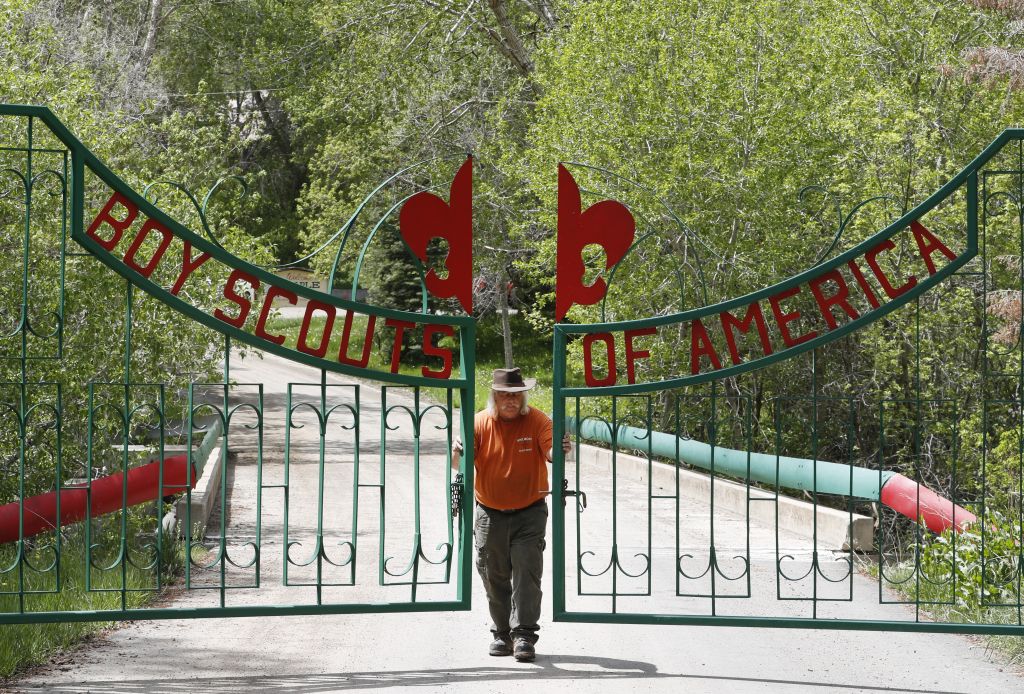







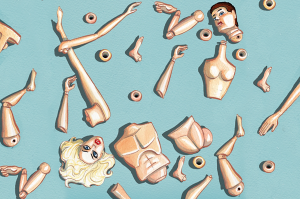

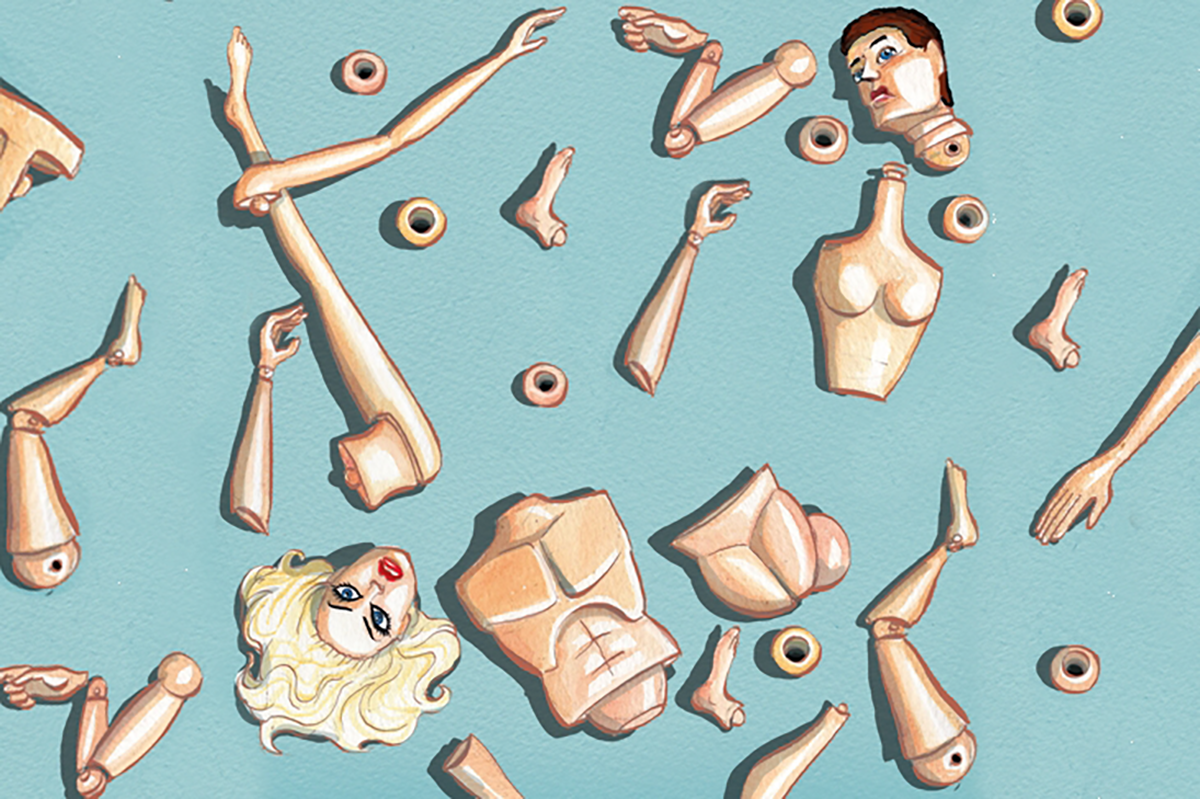
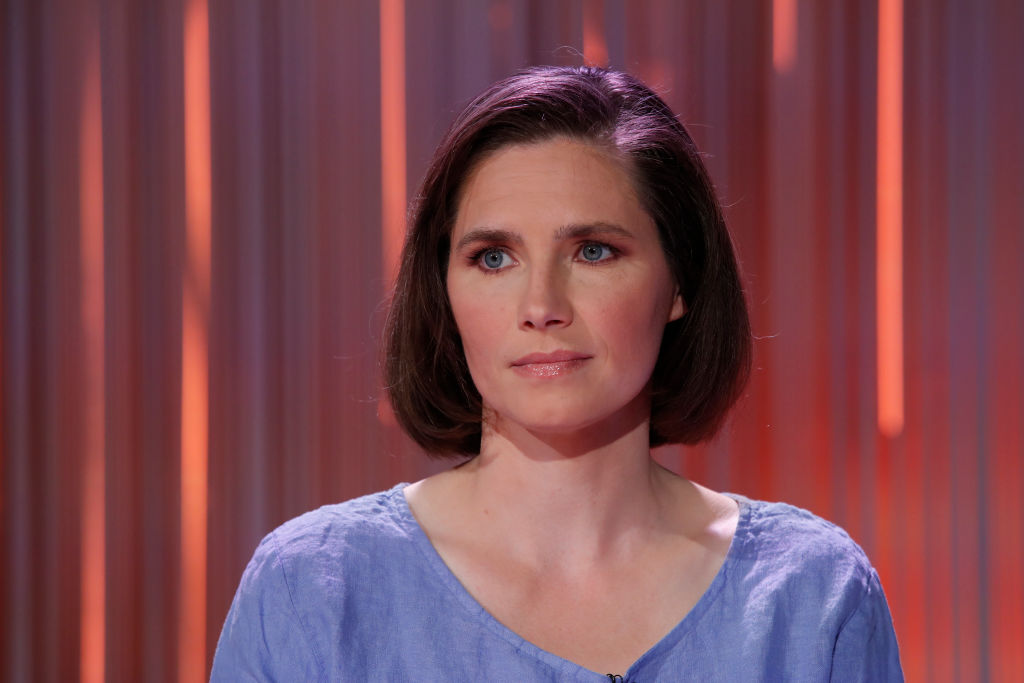
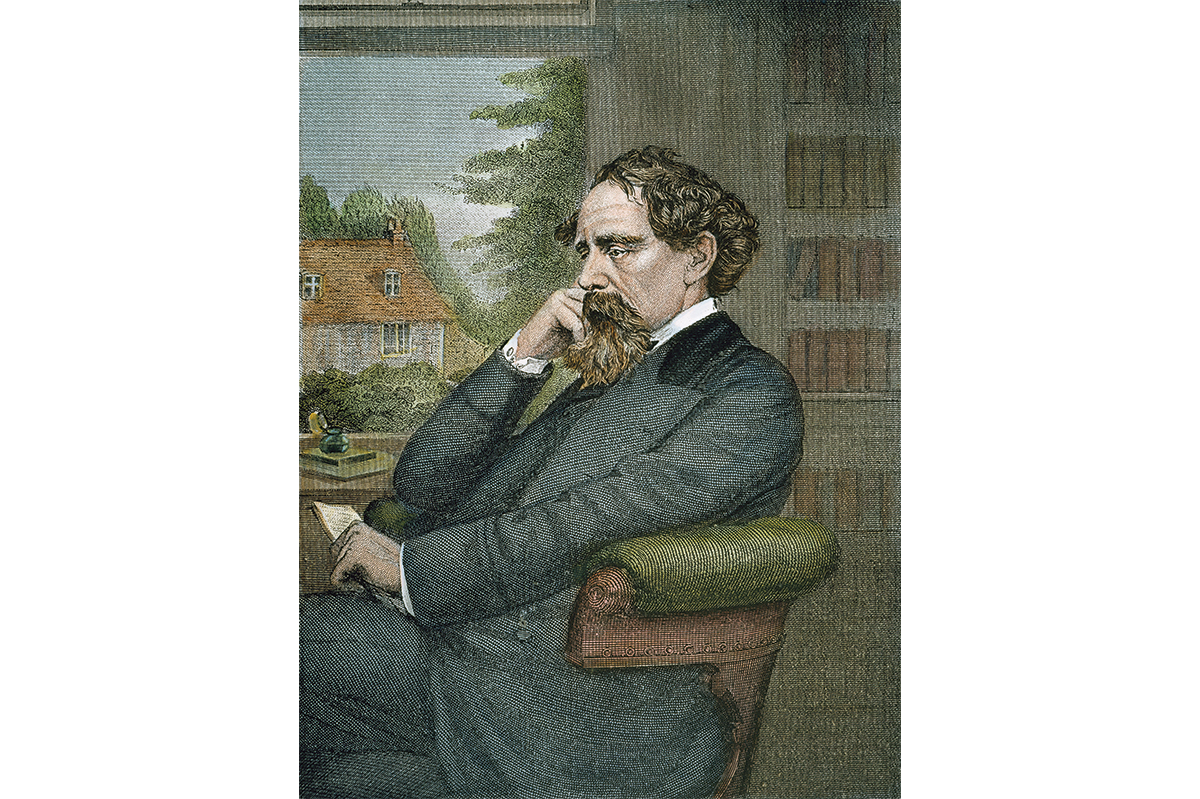
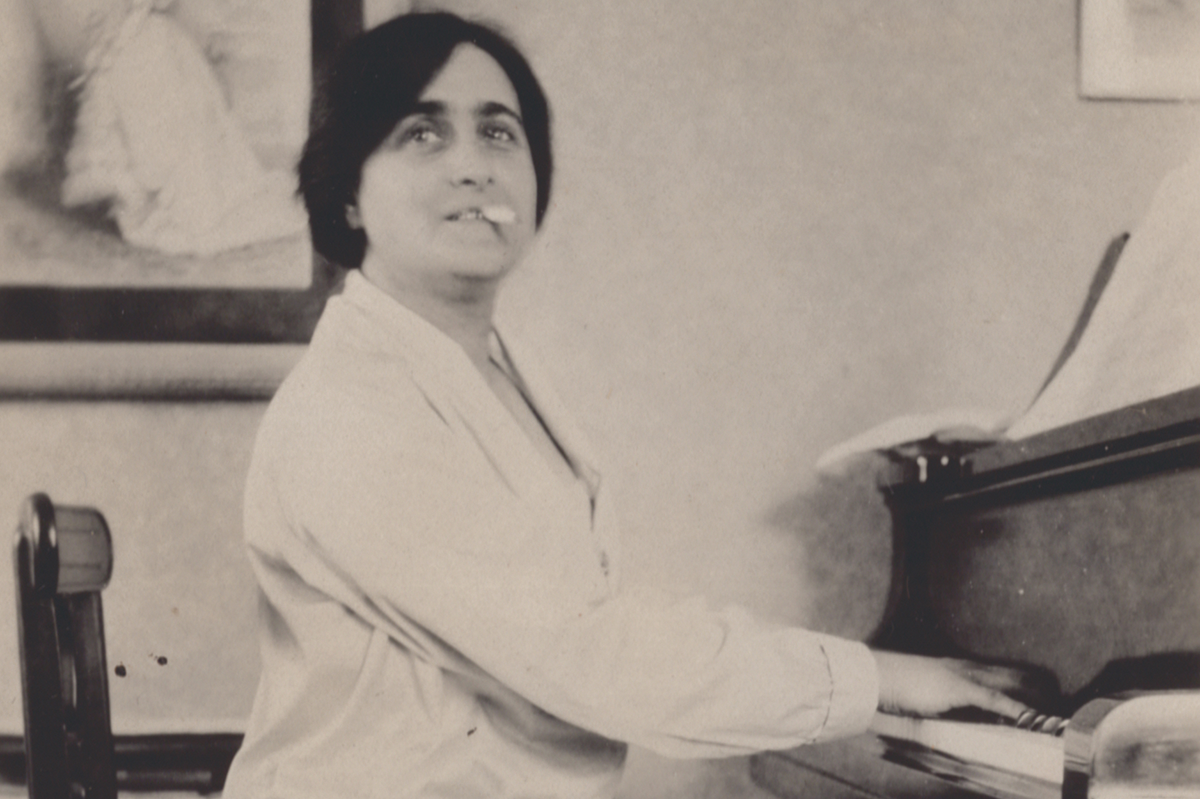
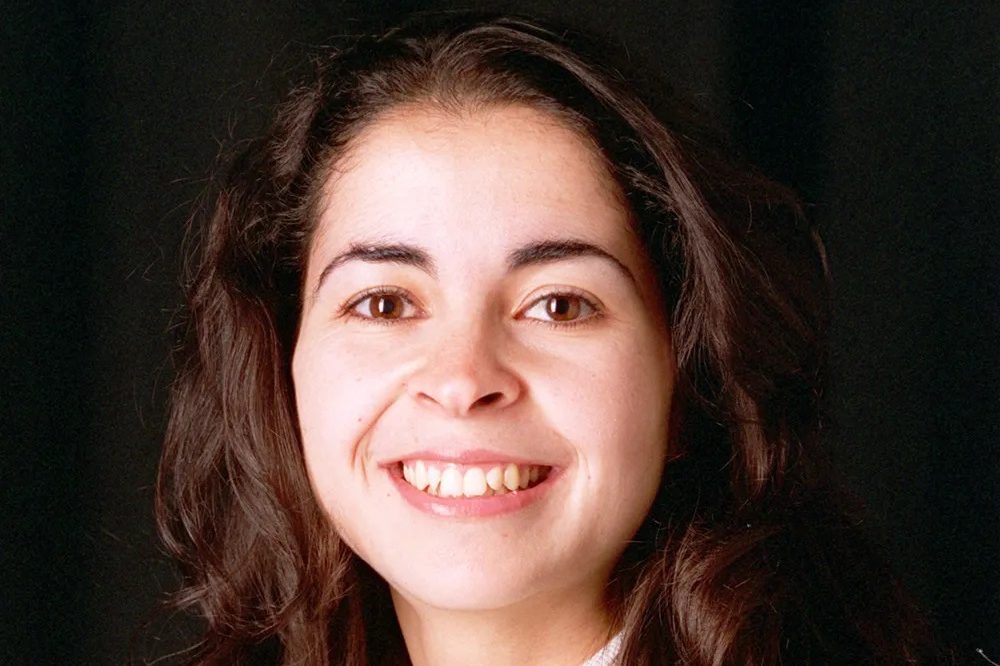








Leave a Reply